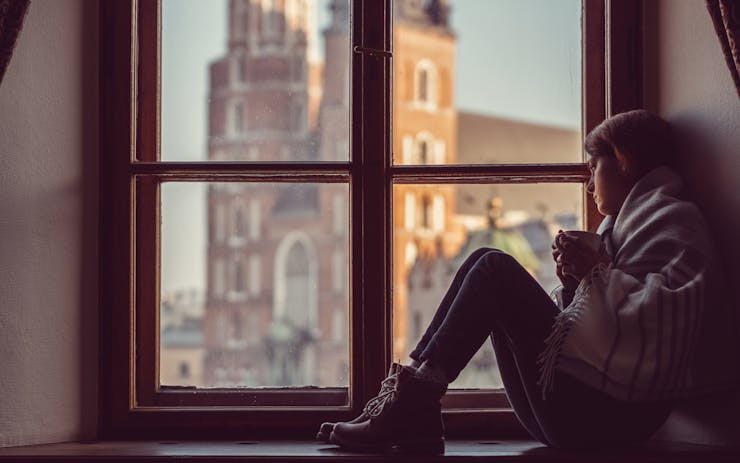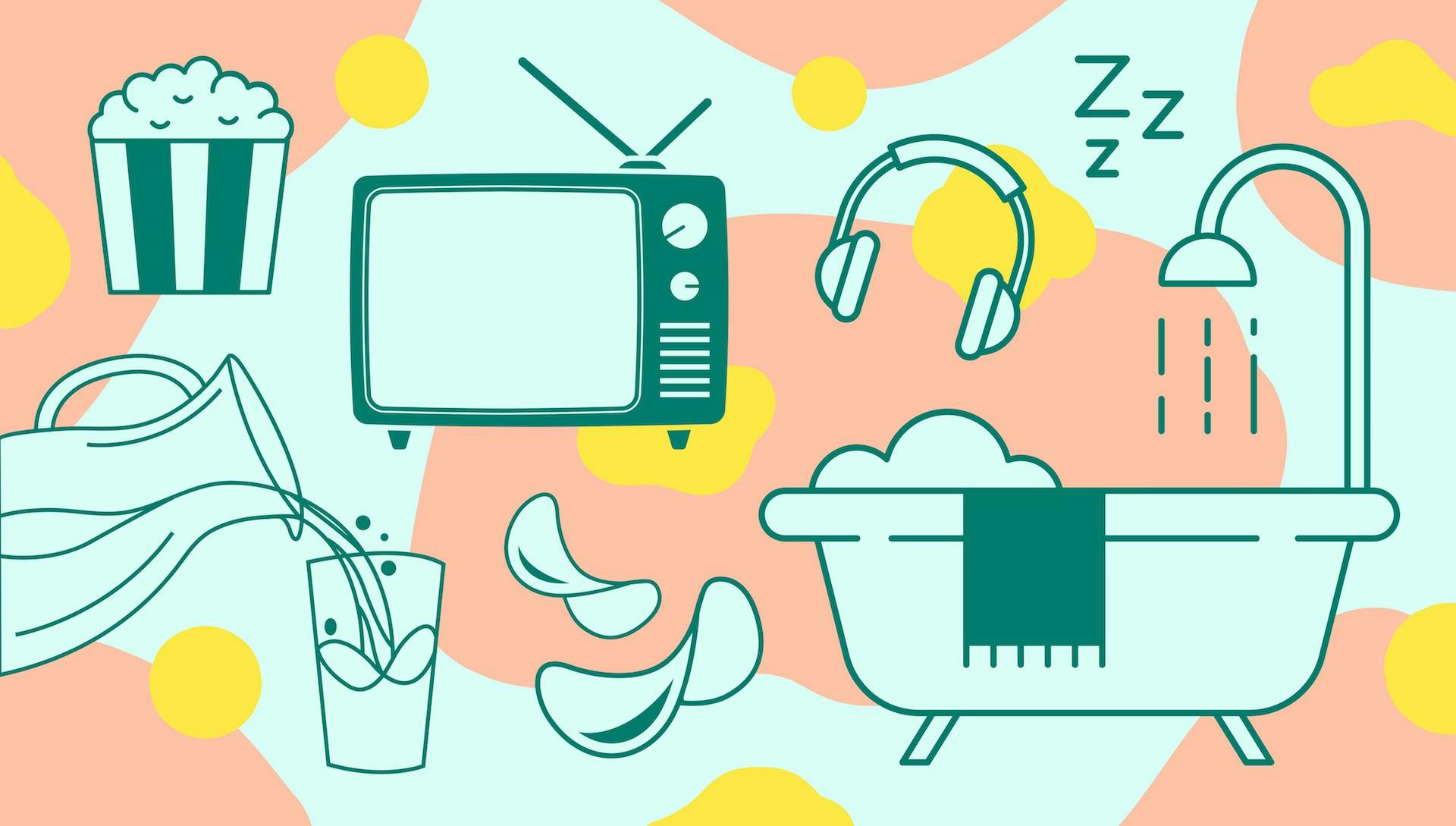A recent study thought to be the first of its kind has found that regular cannabis use may make a person less prone to anxiety over time, even when sober.
The study, published in the medical journal Psychopharmacology, found that people who use cannabis daily or almost daily had a blunted stress reaction when exposed to a high-stress situation after a period of abstinence from marijuana. While non-cannabis users reported feeling anxious and experienced elevated levels of the stress hormone cortisol when stressed, chronic cannabis users reported lower levels of anxiety, and their cortisol levels remained the same under high stress as they they were under no stress.
“The potential effects of cannabis on stress do appear to extend beyond the period of intoxication.”
The research involved 40 people who had used cannabis chronically over the previous year and 42 people who’d used cannabis no more than 10 times in their lives and not at all in the previous year. All participants abstained from using cannabis from 12 to 18 hours prior to the study.
“Based on our findings, the potential effects of cannabis on stress do appear to extend beyond the period of intoxication,” Dr. Carrie Cuttler, a researcher and clinical assistant professor at Washington State University and co-author of the study, told Leafly.
“But,” she cautions, “We’re not yet comfortable saying whether that muted stress response is a good thing or a bad thing.”
We do know that too much cortisol is definitely a bad thing. It’s been associated with everything from anxiety and depression to digestive issues, heart disease, insomnia and memory problems. But too little cortisol can also be problematic, since the hormone helps us tap into stored energy and respond appropriately to stressful situations.
Cuttler says further research is needed to determine whether the lowered cortisol response exhibited by chronic cannabis users is ultimately therapeutic or detrimental when it comes to managing anxiety long-term. She adds that they did, however, make a promising finding regarding cannabis and dependency.
“We looked at the withdrawal symptoms of chronic users to see if they experienced heightened levels of and cannabis cravings when stressed,” she reveals, “and surprisingly, we didn’t find any evidence that they did.”
Anxiety disorders are the most common mental illness in the US. An estimated 40 million American adults, or just over 18% of the population, are affected by anxiety disorders every year.
Benzodiazepines like Xanax and Klonopin are often prescribed for short-term relief from acute anxiety and panic attacks. While they’re incredibly effective in the short term, side effects can include fatigue, confusion, and disorientation, and tolerance and dependency can develop quickly — in 2015, over 8,000 Americans died by overdosing on benzodiazepines.
Selective serotonin reuptake inhibitors (SSRIs) like Prozac and Zoloft are often prescribed for long-term relief from anxiety disorders, but they come with their own long lists of potential negative side effects ranging from insomnia and drowsiness to headaches, low libido, and increased risk of suicidal thoughts.
Shop highly rated dispensaries near you
Showing you dispensaries nearAnxiety is also among the most commonly cited reasons for cannabis use, and research suggests that it has relatively few negative side effects, low potential for addiction and virtually no risk for an overdose. But because it remains classified as a schedule 1 drug at the federal level, little research has been done to investigate the long-term therapeutic potential of cannabis to treat anxiety—until Cuttler’s recent study.
Next, Cuttler and her colleagues plan to repeat the study with a longer period of cannabis abstinence to see whether their findings still hold true. They also eventually hope to replicate the study with rats to confirm their findings.
“One of the limitations of this research is that we can’t ethically manipulate who uses cannabis daily and who does not,” Cuttler explains. “So while our research indicates that they have a blunted stress response, it could be that people who are already less prone to stress are also more prone to being chronic cannabis users. With rats, we can manipulate both stress and cannabis.”
Another recent study published in Pharmacological Research found that cannabidiol (CBD) may enhance the efficacy of the neurotransmitter GABA, which works to counteract and calm the chemicals triggered by cortisol in the brain’s anxiety response, like glucose. While high doses of THC actually have the potential to cause increased anxiety, CBD is non-intoxicating, so it doesn’t carry the same same risk.
While all of this emerging research is promising, Cuttler emphasizes that when it comes to anxiety, neither marijuana nor pharmaceuticals should ever be the first course of treatment.
“As a psychologist, I believe Cognitive Behavioral Therapy (CBT) is the ideal treatment for anxiety,” she says. “In the short term, anti-anxiety meds and CBT have equivalent outcomes, but long-term, the effects of eight to 10 CBT sessions outlast those of medications without any of the negative side effects. I see cannabis the same way — it may help treat the symptoms of anxiety, but it won’t address the root cause.”






